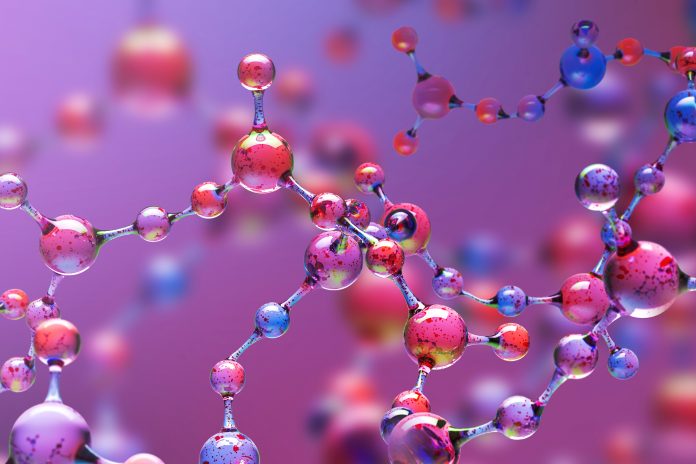Fast-Cat is a cutting-edge “self-driving” lab developed by researchers revolutionising the way chemical research takes place
This tool integrates artificial intelligence and automated systems to revolutionise the analysis of catalytic reactions, offering insights that were only possible after months of conventional testing.
Fast-Cat holds the ability to delve into the complexities of work and selectivity in chemical reactions, particularly in the presence of ligands. Also the efficiency of a chemical reaction in producing desired products and selectivity, the precision in generating specific products, are pivotal in various industries, from industrial chemistry to pharmaceuticals.
Fast Cat compared to traditional catalyst discovery
Due to their time-consuming nature, traditional catalyst discovery and development methods are less effective. Researchers at North Carolina State University, led by Milad Abolhasani, recognised the inefficiencies inherent in manual sample handling and human-dependent experimental planning.
Fast-Cat is automated and can conduct high-temperature, high-pressure gas-liquid reactions with unparalleled efficiency. What sets Fast-Cat apart is its AI-driven autonomy, which continuously refines its understanding of reaction outcomes without human intervention.
Drawing from data from previous experiments, both successes and failures, Fast-Cat optimises its experimentation process, rapidly unraveling the complexities of catalytic reactions.
Artificial intelligence, automated systems and chemical researchf
The AI model underlying Fast-Cat has been carefully fine-tuned to offer thorough insights into the influence of various parameters on reaction selectivity.
One of the key advantages of Fast-Cat is its scalability. Its findings remain relevant for industrial-scale manufacturing processes despite operating with tiny sample sizes. In a proof-of-concept test, researchers successfully characterised the catalytic performance of six ligands, doubling the collection of possible selectivity and yield endpoints in just five days for each ligand.
Success within the industry
Industry leaders such as Eastman, a global speciality material company. Dawn Mason, Eastman’s global external innovation manager, praised Fast Cat for providing optimisation of each unique ligand, empowering industries to enhance catalytic processes efficiently and cost-effectively.
Jeff Carbeck, Eastman’s vice president of corporate innovation, highlights the immense value Fast-Cat brings to the chemical research and pharmaceutical industries. Its rapid, inexpensive, and effective approach to catalytic research promises to drive innovation and facilitate manufacturing processes.
In a move towards fostering collaboration and advancing catalysis discovery, the researchers have made Fast-Cat’s software and hardware publicly available. With hopes of accelerating research in academia and industry.











